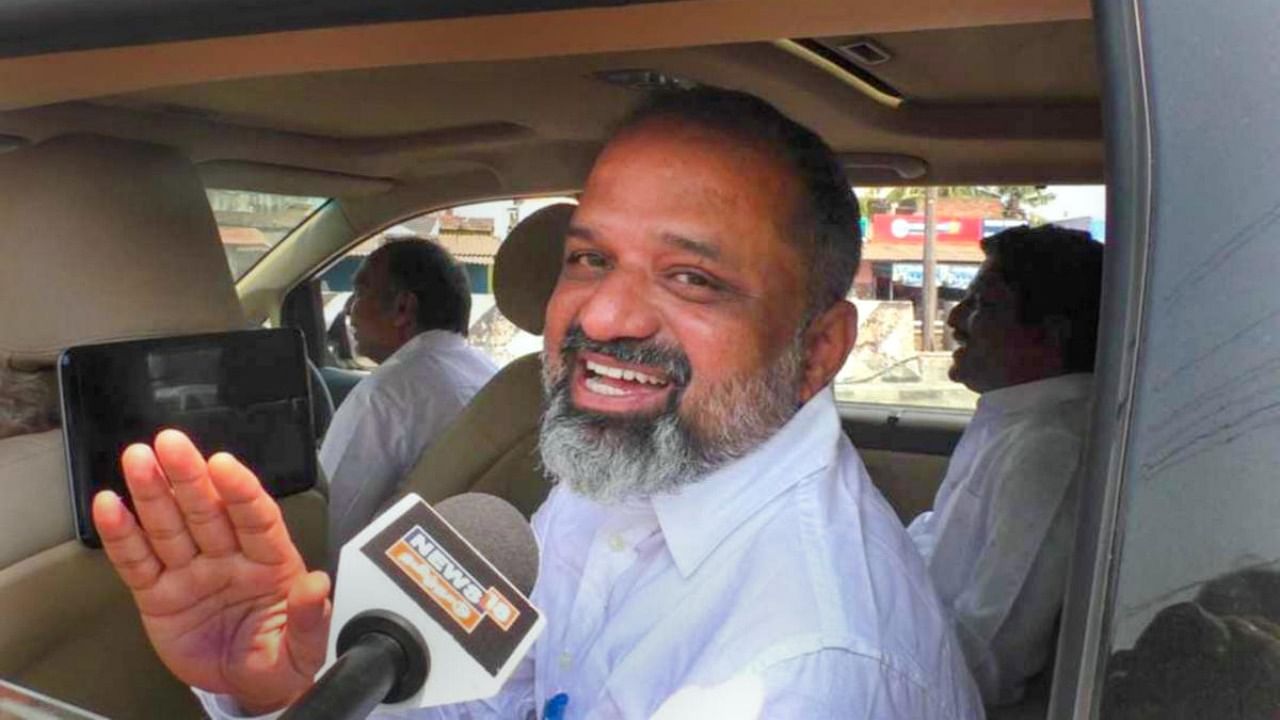
The Supreme Court on Wednesday ordered release of A G Perarivalan, a life-term convict in the 1991 Rajiv Gandhi assassination case, after noting inordinate delay by the Governor on remission of his sentence, and over 31 years of his incarceration.
A bench of Justices L Nageswara Rao, B R Gavai and A S Bopanna used its extraordinary power to do "complete justice" under Article 142 of the Constitution to set the convict, already on bail since March 9, 2022, at liberty forthwith in the case.
After taking into account -- satisfactory conduct in jail as well as during parole, chronic ailments, his educational qualifications acquired in jail and the pendency of his petition for release under Article 161 for two-and-a-half years after the recommendation of the State Cabinet, the bench said, "we do not consider it fit to remand the matter for the Governor’s consideration".
Also Read — Timeline: Perarivalan’s arrest and release
The top court also declared the Tamil Nadu Governor's decision on January 25, 2021 to send to the President the file related to the state cabinet's September 9, 2018 decision to release the convict in the case has got no constitutional backing.
This is "inimical to the scheme of our Constitution, whereby the Governor is but a shorthand expression for the State Government as observed by the top court in Maru Ram case," the bench pointed out.
The bench also said no provision under the Constitution has been pointed out nor any satisfactory response tendered as to the source of the Governor’s power to refer a recommendation made by the State Cabinet to the President. It was only when this court started enquiring about the reason for delay, the Governor forwarded the recommendation to the President, the bench added.
The court also said it is well-settled by a catena of judgements that the advice of the State Cabinet is binding on the Governor in the exercise of his powers to grant pardons, reprieves, respites or remissions of punishment under Article 161 of the Constitution.
Maintaining that it was fully conscious of the immunity of the Governor, the bench said non-exercise of the power under Article 161 is not immune from judicial review.
"Given petitions under Article 161 pertain to the liberty of individuals, inexplicable delay not on account of the prisoners is inexcusable as it contributes to adverse physical conditions and mental distress faced by a prisoner, especially when the State Cabinet has taken a decision to release the prisoner by granting him the benefit of remission/ commutation of his sentence," the bench said.
The court passed its judgement on a writ petition filed by Perarivalan. It also rejected as "incorrect" the Union government's contention that as per previous judgement in the Sriharan case, only the Centre had the power to remit or commute sentence under Section 302 of the IPC.
Perarivalan was arrested at the age of 19 and was sentenced to death in May 1999 after being held guilty of purchasing the 8-volt battery used by assassins to detonate the belt bomb that killed the former PM.
In 2014, his sentence, along with that of two other convicts was commuted to life term.
